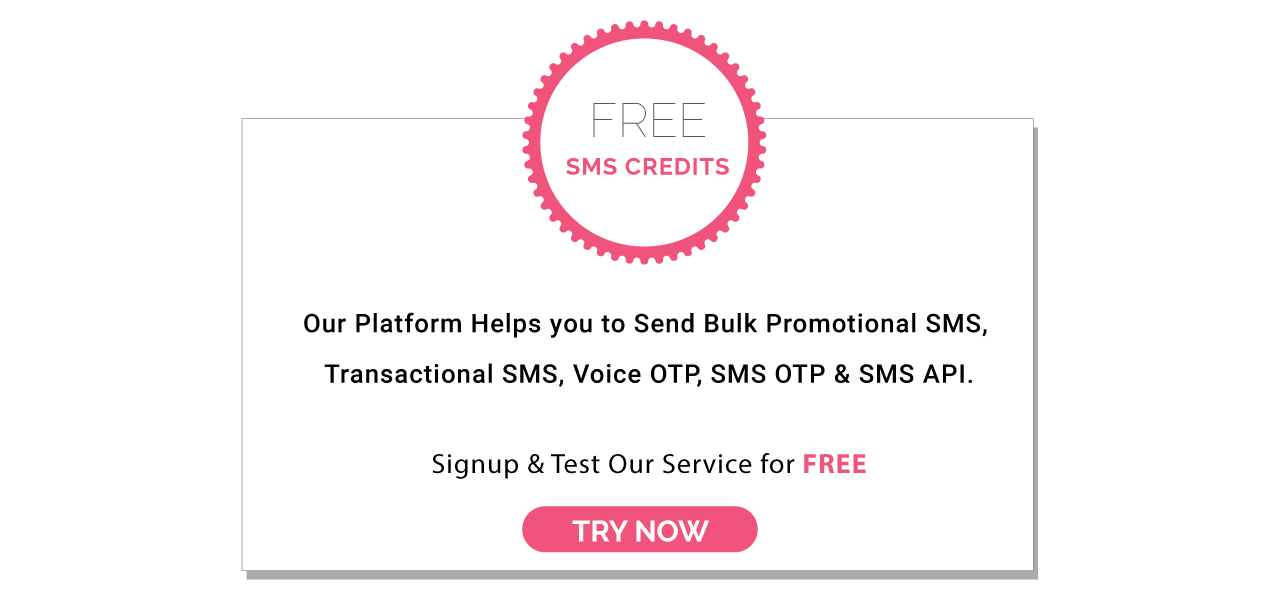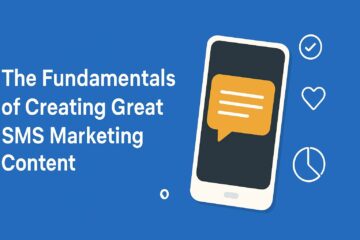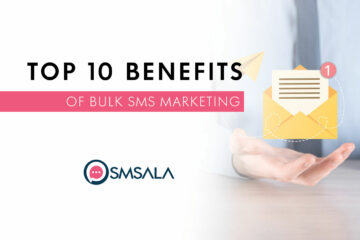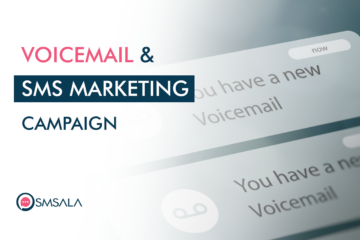In today’s fast-paced world, businesses need to capture their audience’s attention quickly and effectively. Whether it’s promoting a flash sale, sending reminders, or building customer loyalty, timing is everything. With so many marketing channels available, from social media to email, which one is the most efficient at delivering fast results? SMS marketing is the answer. With open rates as high as 98%, and messages typically read within three minutes, SMS marketing stands out as one of the most powerful tools for fast, effective communication.
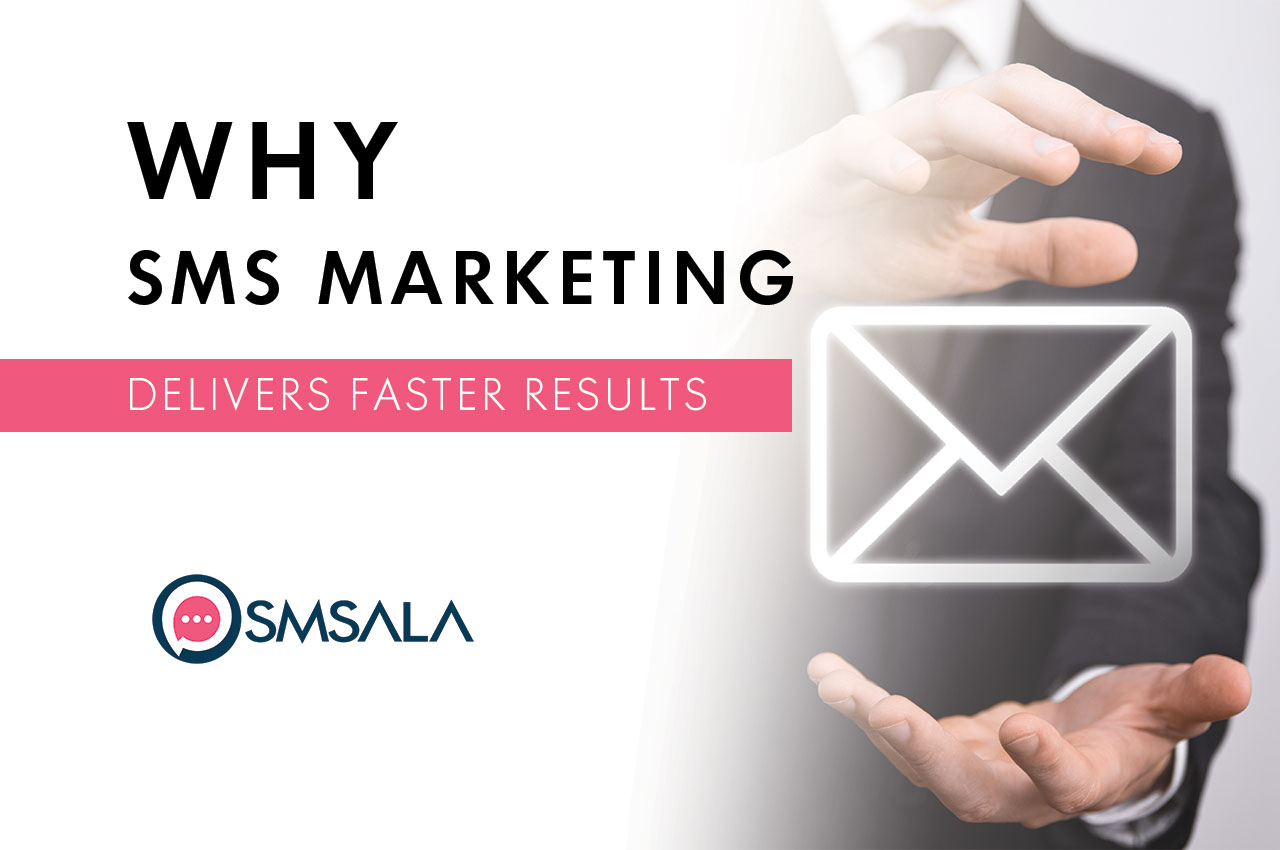
In this article, we’ll explore why SMS marketing delivers faster results for your business, how it works, and how to set up campaigns that engage customers instantly. We’ll also dive into best practices, real-world examples, and FAQs to ensure you have a comprehensive understanding of why SMS should be a key component of your marketing strategy.
How SMS Marketing Works: A Quick Overview
The Basics of SMS Marketing
SMS marketing, or text message marketing, involves sending promotional messages, offers, or alerts directly to a customer’s mobile device. Businesses can send bulk sms messages to reach hundreds or thousands of customers in seconds, allowing them to communicate offers, updates, or reminders quickly.
Unlike other marketing channels, SMS requires minimal time for a customer to engage with. The nature of text messages – short, direct, and easily accessible – encourages quick responses. SMS campaigns are commonly used for:
- Promotions and discounts
- Appointment reminders
- Order confirmations and shipping updates
- Event invitations
- Feedback requests and surveys
Why SMS Marketing is Different from Other Channels
What sets SMS apart from other marketing channels like email, social media, or paid ads? The most significant advantage is speed. While email open rates hover around 20%, and social media posts can easily be missed in crowded feeds, SMS marketing gets straight to the customer. Here’s why:
- High open rates: SMS boasts an open rate of around 98%, compared to email’s 20-30%.
- Quick response times: On average, most text messages are read within three minutes of being received.
- Direct, personal communication: Unlike other channels where customers may feel overwhelmed by noise, SMS is a direct communication method that is typically reserved for more personal and important messages.
Immediate Communication and Real-Time Engagement
SMS marketing allows businesses to reach their audience in real-time, making it ideal for time-sensitive messages. Whether it’s a flash sale or an urgent appointment reminder, SMS gets the message to the right person immediately. This immediacy is crucial for businesses looking to drive quick actions, such as visiting a website, making a purchase, or confirming an appointment.
Top Reasons Why SMS Marketing Delivers Faster Results
High Open Rates Compared to Email Marketing
When comparing SMS to email marketing, one of the most compelling advantages of SMS is its high open rate. As mentioned earlier, 98% of SMS messages are opened, while email open rates are much lower. Why is this? SMS is inherently more personal, and people are conditioned to check their text messages promptly. Text messages also avoid the spam filters and clutter that often plague email campaigns, ensuring your message is seen.
For businesses looking to boost their marketing results, using SMS ensures that your message won’t get lost in the inbox or ignored in a crowded social media feed. Instead, it’s delivered straight to the customer’s phone, where it’s almost guaranteed to be opened and read.
Quick Response Times for Higher Conversions
The immediacy of SMS not only results in faster reads but also in faster response times. Studies show that 45% of SMS campaigns generate a response within 90 seconds. Whether it’s clicking on a link, redeeming a coupon, or replying to a confirmation request, customers are more likely to act quickly on an SMS than they are on other forms of communication.
For businesses, this translates to faster conversions. If you’re running a flash sale or limited-time promotion, SMS marketing can drive immediate traffic to your store or website, resulting in quicker sales.
Direct Communication with Your Target Audience
SMS is an incredibly direct marketing tool. While email and social media require customers to sift through their inboxes or feeds, SMS puts your message right in their pocket. By sending texts to a targeted list of subscribers, you ensure that your message reaches the people who are most likely to engage with it.
Additionally, SMS marketing feels more personal. Customers are more inclined to pay attention to messages that arrive in their SMS inbox, especially if they’ve opted into receiving communications from your brand. This direct connection with your target audience leads to faster engagement and better results.
Also Read: AI-Driven Job Roles in SMS Marketing
How to Set Up Effective SMS Marketing Campaigns for Fast Results
If you’re ready to implement SMS marketing in your business, here’s a step-by-step guide to creating effective campaigns that deliver fast results.
Building a Strong SMS Subscriber List
The first step in any SMS marketing campaign is building a subscriber list. Without a quality list, even the most compelling messages won’t have an impact. Here are a few tips to help you grow your list:
- Offer incentives: Encourage people to sign up for your SMS list by offering something valuable, such as a discount code, free shipping, or early access to a sale. Promote this offer across your website, social media, and even in-store.
- Keep it simple: Make signing up easy by using shortcodes and keywords. For example, “Text SAVE to 12345 to get 20% off your first purchase.”
- Use multiple touchpoints: Don’t limit your SMS sign-up prompts to just one channel. Add sign-up forms to your website, promote it on your social media pages, and encourage customers to sign up at checkout.
Crafting Short, Engaging Messages
The success of SMS marketing relies heavily on message content. Since text messages are limited to 160 characters, brevity is key. Here’s how to craft messages that grab attention and prompt action:
- Be clear and direct: Get to the point quickly. For example: “Flash Sale! 50% off all shoes today only. Shop now at [Link].”
- Use a strong call-to-action (CTA): Make it clear what action you want the recipient to take, whether it’s clicking a link, using a promo code, or visiting your store.
- Personalize the message: Customers are more likely to engage with personalized content. Use their name, purchase history, or preferences to create more relevant messages. For example: “Hi Sarah, enjoy 30% off our new arrivals just for you! Use code SARAH30 at checkout.”
Timing Your SMS Campaigns for Maximum Impact
Just as important as the content of your message is timing. When you send your SMS campaign can significantly impact its effectiveness. Here are a few timing strategies:
- Send during business hours: For most industries, sending Bulk SMS messages during standard business hours (9 AM to 6 PM) works best. Avoid sending messages too early or late, as this can lead to higher opt-out rates.
- Use urgency to your advantage: If you’re promoting a flash sale or time-sensitive offer, send your SMS close to the event. For example, send a message the morning of a one-day sale and follow up a few hours before it ends.
- Consider your audience’s habits: For businesses targeting specific demographics (e.g., working professionals), time your messages for when they are most likely to engage with their phones, such as during lunch breaks or after work hours.
Best Practices to Maximize SMS Marketing Results
To ensure your SMS marketing campaigns deliver the best possible results, follow these proven best practices.
Personalization and Segmentation for Higher Engagement
Personalization is critical to the success of SMS marketing. By tailoring your messages to individual customers, you can drive higher engagement and faster responses. Here’s how:
- Segment your audience: Divide your SMS subscriber list into segments based on factors such as purchase history, location, or engagement level. This allows you to send more relevant messages that resonate with each group.
- Use customer data: Leverage data like previous purchases or browsing behavior to create personalized offers. For example, send a message like, “Hi John, we noticed you’ve been eyeing our jackets. Enjoy 15% off all outerwear this weekend only!”
Leveraging Urgency and Exclusive Offers
Urgency is one of the most powerful tools in SMS marketing. Messages that convey a limited-time offer or an exclusive deal are more likely to get immediate action. Here are some ideas for creating urgency:
- Flash sales: Promote a 24-hour sale or a “one-day-only” discount to encourage customers to act fast.
- Exclusive offers: Make your SMS subscribers feel special by offering them exclusive deals that aren’t available to other customers. For example: “Exclusive offer for VIPs: 20% off your next purchase! Use code VIP20 at checkout.”
- Countdown reminders: If your promotion is time-sensitive, send follow-up reminders as the deadline approaches. A message like “Only 2 hours left to claim your 30% discount!” can create a sense of urgency and drive last-minute sales.
Testing and Optimizing SMS Campaigns
One of the best ways to maximize the effectiveness of your SMS campaigns is through A/B testing. Test different elements of your campaign to see what works best. For example:
- Test message length: Try sending short, direct messages and compare them to slightly longer messages to see which gets better engagement.
- Experiment with timing: Send your campaigns at different times of the day or week to see when your audience is most responsive.
- Test CTAs: Experiment with different calls-to-action to see which one drives the most clicks and conversions.
Once you’ve gathered data from these tests, use it to optimize future campaigns for even better results.
Real-Life Examples: Businesses Achieving Faster Results with SMS Marketing
- How Retailers Drive Instant Sales with Flash Promotions
Many retailers use SMS marketing to announce flash sales or limited-time promotions. For example, a fashion retailer might send a message like: “Flash Sale! 40% off all dresses for the next 4 hours. Shop now at [Link].” This kind of promotion creates urgency and encourages immediate action, resulting in instant sales.
- Restaurants Increasing Reservations with SMS Discounts
Restaurants can use SMS marketing to send discount offers or reminders about reservations. For example: “Get 20% off your dinner at [Restaurant Name] this weekend. Show this message to your server!” This not only increases foot traffic but also builds loyalty with customers who appreciate the personalized offer.
- Service Providers Boosting Appointment Bookings with SMS Reminders
Service-based businesses like spas or salons can use SMS marketing to reduce no-shows and increase bookings. For example, sending a reminder like, “Your appointment at [Salon Name] is tomorrow at 2 PM. Reply CONFIRM to confirm or RESCHEDULE to change your appointment,” can help ensure customers show up on time.
FAQs About SMS Marketing for Fast Results
How Fast Can I Expect Results from an SMS Marketing Campaign?
SMS marketing is one of the fastest marketing channels available. Most messages are read within 3 minutes, and many campaigns generate responses within 90 seconds. Results can vary based on your audience and message, but in general, you should expect to see engagement almost immediately.
How Often Should I Send SMS Messages for Best Results?
While SMS is an effective tool, it’s important not to overdo it. Sending 2-4 messages per month is generally a good rule of thumb for most businesses. Too many messages can lead to opt-outs, so be mindful of frequency and only send valuable, relevant offers.
What Type of Businesses Benefit the Most from SMS Marketing?
Businesses across a wide range of industries can benefit from SMS marketing. Retailers, restaurants, service-based businesses, and even e-commerce stores all see great results from SMS campaigns. Any business that needs to communicate time-sensitive information or drive immediate action can leverage SMS marketing for fast results.
Conclusion:
SMS marketing has proven to be one of the most effective tools for businesses looking to achieve fast results. With high open rates, quick response times, and direct communication, SMS marketing delivers immediate engagement that other channels can’t match. By implementing the strategies discussed in this article—building a strong subscriber list, crafting compelling messages, and following best practices—you can drive faster conversions, increase sales, and strengthen customer relationships.
Ready to get started with SMS marketing? Sign up for a leading SMS marketing platform today, and watch your business see results in real-time!
